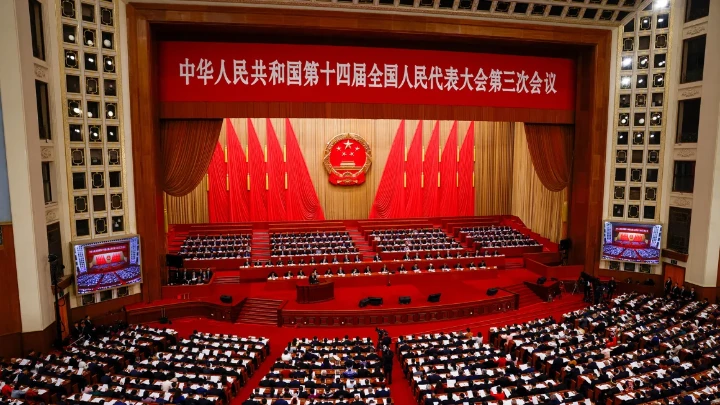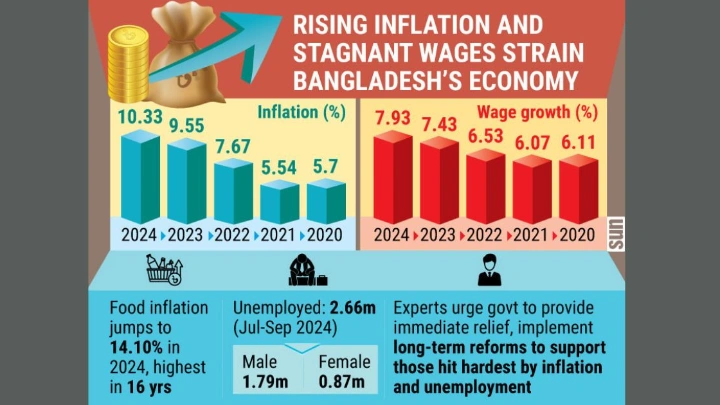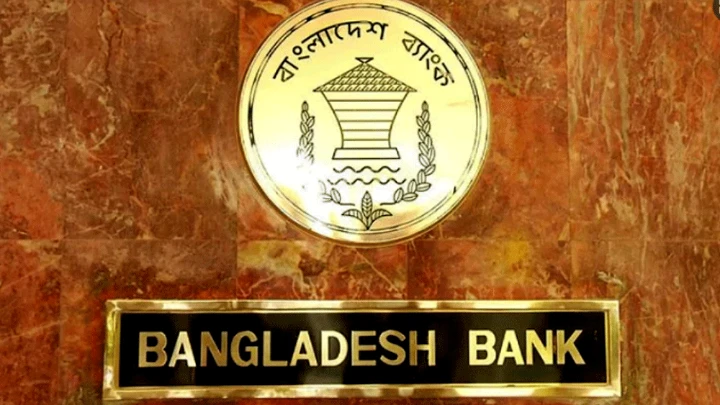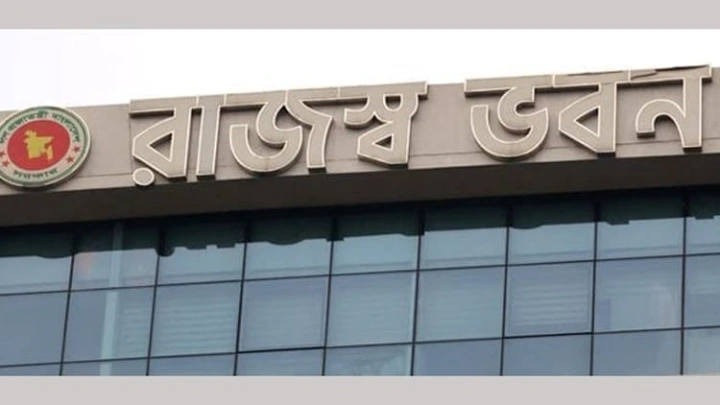Income of 20.66pc of resettled population declines: BIISS
NewAge || Shining BD
Incomes of 20.66 per cent of the resettled population have decreased while the wages of 24.41 of them have remained unchanged due to the construction of the Padma Multipurpose Bridge commenced in 2022, according to a study.
Researchers revealed the findings at a book launching seminar on ‘Development-Human Security Nexus: A Study on Padma Bridge Resettlement Areas’ organised by the Bangladesh Institute of International and Strategic Studies at its auditorium in the capital on Tuesday.
A team of researchers from the BIISS and the Bangladesh Institute of Planners conducted the study from June, 2021 to February, 2023 in the affected areas of three districts—Munshiganj, Madaripur and Shariatpur—where 3012 households were displaced due to the bridge, connecting 21 south-eastern districts with Dhaka and other parts of the country.
‘The study conducted on 250 households out of 3012 affected by the bridge construction over the River Padma shows that wages of 42.25 of them increased after their resettlement where they were trained in different trades,’ said the BIISS research officer Md Rafid Abrar Miah while presenting the major findings of the research incorporated in the book.
He, however, said that wages of 20.66 resettled population decreased while incomes of 24.41 of them remained unchanged after their displacement induced by the development activities in the bridge area.
Analysing the economic, environment and social impacts of the mega project, Rafid said that the affected population’s access to health services had increased following the commissioning of the bridge.
Addressing the book launching as chief guest, state minister for finance Waseqa Ayesha Khan said that the Padma Bridge was one of the best examples of the sustainable development and dignity of the people.
She also said that the government of Sheikh Hasina had faced various conspiracies in the building of the bridge as the World Bank withdrew funding for the project.
She emphasised on inclusive and sustainable development and suggested that development should not come at the expense of human security.
She also said that the government of Bangladesh was well aware of the human security dimension of development endeavours and the Padma Bridge was the best example of it.
Director general of the BIISS, major general Md Abu Bakar Siddique Khan, delivered welcome address while the BIISS senior research fellow Razia Sultana introduced the book to the audience.
Professor Delwar Hossain, professor of international relations department at Dhaka University and a member of Bangladesh Public Service Commission and country representative of the IUCN, Bangladesh and general secretary of the Bangladesh Institute of Planners Shaikh Muhammad Mehedi Ahsan spoke on the book as discussants with the BIISS chairman Gousal Azam Sarker in the chair.
Senior officials from different ministries, members of the diplomatic community, former ambassadors, senior civil and military officials, media, academics and students from various universities, business community and representatives from international organisations participated in the book launching ceremony.
Shining BD























